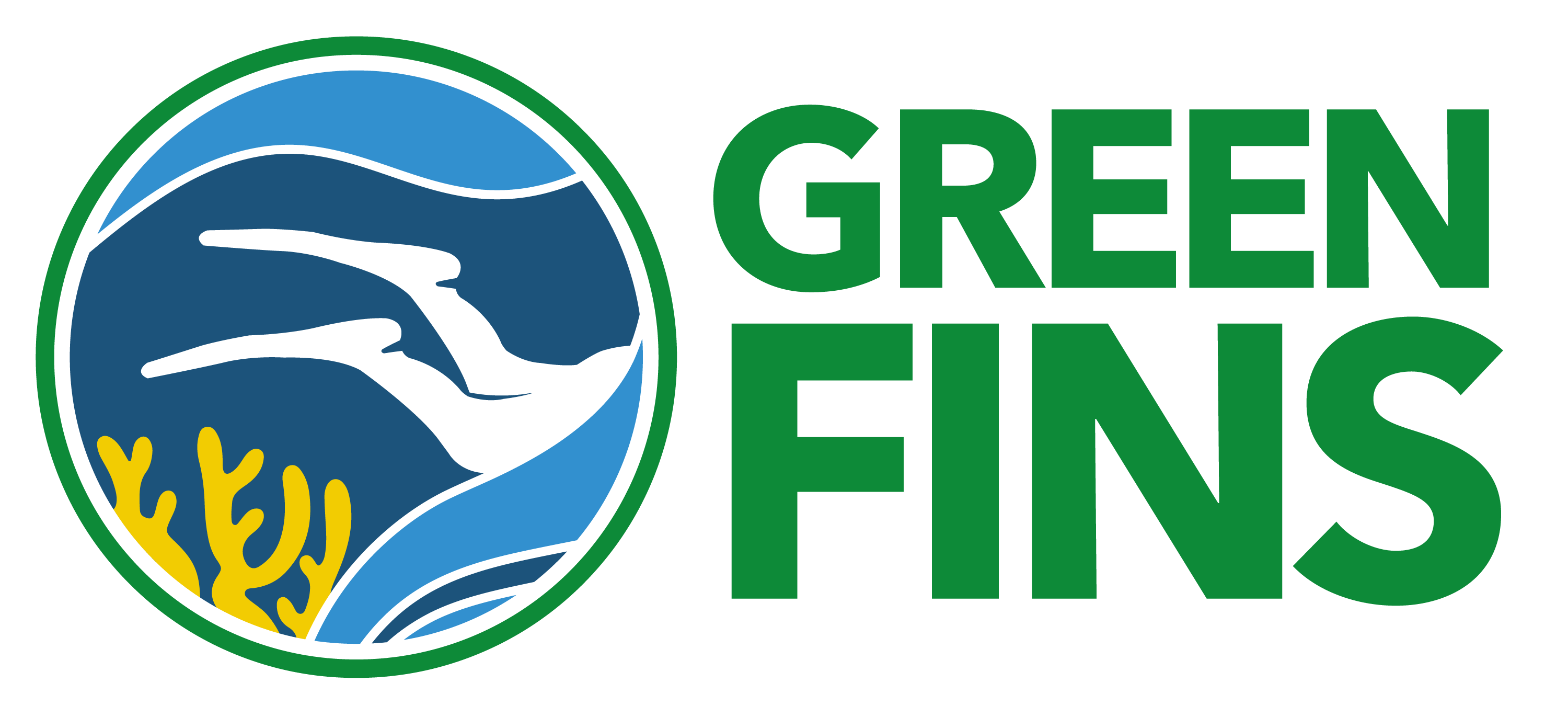Thanks to popular demand, the Sustainable Diving Think Tank workshop, chaired by The Reef-World Foundation and the UN Environment Programme, hosted by Underwater360, was back at ADEX Singapore 2024! This is the sixth time Reef-World has organised this event at the largest and longest-running dive consumer and trade show in Asia. Chloe Harvey, Executive Director of The Reef-World Foundation, conceptualised this event in 2017 alongside the UN and the Blue Ocean Network to bring the first in a series of Sustainable Diving Events to ADEX in Singapore.
In light of the 4th Global Coral Bleaching Event announced by NOAA scientists and ICRI’s network of global coral reef scientists recently, this year’s event aimed to share crucial actions that individuals and businesses can take to protect coral reefs, such as participating in coral monitoring programs, reducing local impacts on marine environments and advocating for responsible chemical and garbage management practices.
The event brought together industry leaders from resorts, dive centres, liveaboards, manufacturers, training agencies and NGOs. In a collaborative effort, participants exchanged valuable insights, brainstormed innovative solutions and charted strategic pathways towards embracing ocean-conscious practices and fostering sustainable business models.
The workshop started with Chloe giving a presentation of NOAA’s data on the warming sea surface temperatures and the bleaching reported in other regions around the world over the past 12 months, driven largely by climate change but exacerbated by the weather phenomenon El Niño which has been present since February 2023. This has led to persistently warmer temperatures being experienced around the world, which has affected sea surface temperatures. Confirmed reports of bleaching have now been recorded across all ocean basins — triggering the official announcement of the 4th Global Coral Bleaching Event.
However, this time around, we have been watching the data closely. We’re prepared, and we understand what it means, so we know what we need to do to respond to it. And by ‘we’, we mean scientists, governments, conservation organisations and in turn, the marine tourism community.
![ADEX 2024-24 [s]](https://greenfins.net/wp-content/uploads/2024/05/ADEX-2024-24-s.jpg)
![ADEX 2024-28 [s]](https://greenfins.net/wp-content/uploads/2024/05/ADEX-2024-28-s.jpg)
![ADEX 2024-2 [s]](https://greenfins.net/wp-content/uploads/2024/05/ADEX-2024-2-s.jpg)
There were three breakout sessions that covered different aspects and actions that the participants can take away from this workshop:
Breakout 1: Planning for coral monitoring
The discussions from this breakout session covered how to operationalise regular coral reef monitoring to collect vital monitoring data to support global action in response to changes in reef health.
Specialise dive monitoring, staff engagement and operational integration
The workshop stressed the importance of dedicated specialist dives for accurate coral monitoring rather than integrating them into regular fun dives. Some participants felt that for their businesses, it is more practical to involve staff in monitoring efforts than training customers. Strategies discussed included integrating monitoring into Divemaster Training programmes and teaching staff through specialised courses like Reef-Check and Conservation Diver.
B&J Diving Centre on Tioman Island, Malaysia set up an entire volunteer programme so they could perform these kinds of activities. The day-to-day workload is too busy to consistently assign staff to monitoring tasks. Therefore, the decision was made to hire dedicated staff to manage a volunteer programme, which aligns better with their commitment to ocean protection.
Ceningan Divers provides a conservation package that involves classroom sessions and diving activities that they have on offer for their guests and Divemaster Trainees (DMTs) who are interested in learning more about the environment and how they could get involved. They suggest that coral monitoring can be included in such educational packages as well.
These are examples of wonderful opportunities to diversify the services offered to diving tourists while also contributing to the ongoing protection of coral reefs. Participants said conducting 2-3 surveys per week during the low season, and reducing this to only monthly during the high season, is a realistic frequency for incorporating into operating schedules. Collaborative efforts with organisations like Coral Watch or Reef Check were proposed to further enhance monitoring capabilities.
Breakout 2: Reduce local impacts
In this breakout session, the participants identified the challenges, current efforts and suggestions to reduce local impacts, such as manufacturing practices, chemical discharge management and garbage management.
Challenges
- Manufacturers face hurdles such as customer reliance on single-use plastic packaging to believe they’re new and hygienic products.
- Natural materials have limited durability as they don’t last as long
- Higher costs associated with eco-friendly alternatives to plastics and chemicals
- Chemical management poses challenges regarding the perceived effectiveness of environmentally friendly products as well as limitations in supply, especially in remote locations.
- Garbage management challenges include limited recycling options, inadequate local government management, and trash influx during monsoon seasons.
Current Efforts
- Some dive centres, like Bunaken Oasis, have invested in Ozone Reactors (which have very high costs) and wastewater filters to mitigate chemical discharge.
- Operators are providing pre-arrival information to guests during trip booking to encourage guests not to bring anything which may result in generating plastic or chemical waste once they are at their destination.
- Partnering with local NGOs to support waste management solutions is underway in certain operations.
- Dive centres are adopting inventive waste reduction strategies, including compost systems, reusable bags for staff and educational programs for local schools.
Suggestions
- Matt Reed from Evolution Diving Resort in Malapascua Island, Philippines, suggested eliminating chemicals at the source and creating proactive campaigns with governing bodies to support environmental initiatives.
- Dive operators see potential in collective action through industry associations and advocate for programmes to increase guest awareness to prevent excess waste.
- Partnerships with NGOs and better communication between businesses and local governments are seen as crucial steps towards achieving effective waste management, especially in remote island settings.
Breakout 3: Briefing your guests
To ensure guests are adequately briefed on environmental issues such as coral bleaching, the participants identified several strategies for dive centres to adopt.
Simplified pre-dive briefings
Integrating concise information into one pre-dive briefing session per day can effectively convey actions being taken to address environmental concerns without overwhelming guests. This approach aims to strike a balance between educating guests and maintaining a positive diving experience.
Education, empowering staff and providing guidance
The importance of education was emphasised to raise awareness about coral bleaching. Effective information about best diver behaviour delivered in a pre-dive briefing has proven to reduce the chance of a diver damaging the reef from 37% to only 7%. Dive centres should empower staff with the knowledge to give them the confidence to discuss the topic and educate customers about coral bleaching. Workshops and educational initiatives were highlighted as effective tools for this. Training sessions should focus on effective communication strategies and provide practical examples for staff to reference during interactions with guests (pre-dive briefings, surface intervals and post-dive briefings).
Utilising various communication channels
Beyond briefings, dive centres can utilise other opportunities to provide additional information and disseminate details about monitoring efforts and environmental conservation. For example, information could be included in liability release forms for guests to sign, visuals like posters and infographics, and through social media platforms. Additionally, providing briefing cards and visual aids can enhance staff readiness and confidence to deliver information to guests.
Participants requested additional materials from organisations like Reef-World that can improve communication efforts with staff and guests, as it is currently unclear for dive centres what happens to the collected data or what action is being taken as a result. Reef-World plans to work with partners to deliver this information to the industry as the bleaching event begins to take hold of reefs across SE Asia over the coming months.
The Sustainable Diving Think Tank workshop has provided a platform for the industry to come together and brainstorm solutions to address pressing environmental issues. Don’t worry if you didn’t attend the event, as you can join the network to keep the collaborative spirit and conversations going in the Green Fins Community Forum!



